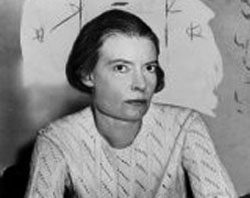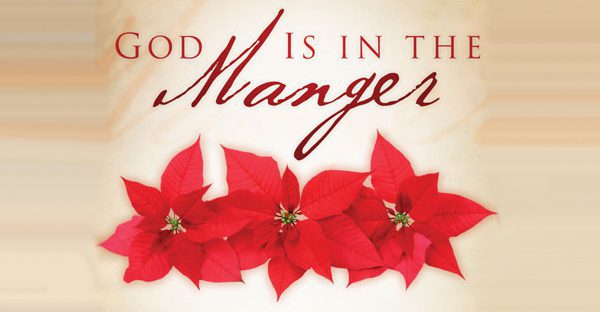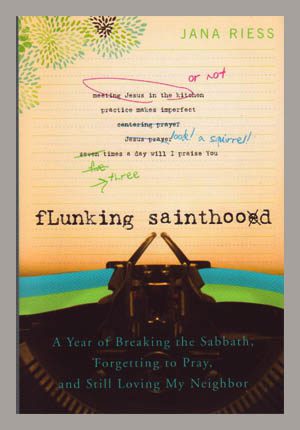 I have a soft spot for guides like 25 Books Every Christian Should Read, which has been reviewed by multiple bloggers recently as part of the Patheos Book Club Roundtable. I tend to like books that direct me to other books, a happy rabbit trail of recommendations that can keep me in blissful bibliogeekdom for weeks, months, even years.
I have a soft spot for guides like 25 Books Every Christian Should Read, which has been reviewed by multiple bloggers recently as part of the Patheos Book Club Roundtable. I tend to like books that direct me to other books, a happy rabbit trail of recommendations that can keep me in blissful bibliogeekdom for weeks, months, even years.
However, I didn’t have such a positive response as my fellow bloggers Tony Jones and Carl Gregg, despite the fact that two of the members of the Renovare board that compiled this list are Richard Foster and Phyllis Tickle, whom I basically worship. In a totally non-idolatrous way of course.
My initial response to this guide, in thumbing through the impressive table of contents, was:
Where the hell are all the women?!
Of the 25 spiritual classics recommended and excerpted here, precisely two are written by women: Teresa of Avila’s trippy The Interior Castle and Julian of Norwich’s Revelations of Divine Love. (I’ve never read the latter, but I have enjoyed other snippets of Julian.)
So women get 8% of the list . . . seriously? What’s particularly surprising about this is that by the editors’ own explanation of the kinds of books they wanted to include here, the list is supposed to be a guide to Christian living, not an exposition of theology. It also includes contemporary as well as classical texts, and fiction and poetry as well as non-fiction. It is supposed to have a practical bent:
This book is not the list of the best Christian books ever written or a list of the top twenty-five devotional books; it isn’t even the list of the top twenty-five classics, although we believe all of the books on the list are or will be considered classics of their respective genres. The books we have chosen to include are, instead, the books that the board judges served as the best guides for living life with God. Cumulatively, these books embody a rich treasure of wisdom and counsel for how to live the Christian life.

So the book is a guide to how to live the Christian life, but doesn’t include The Long Loneliness, the autobiography of Catholic Worker founder Dorothy Day? I’d take her scathing honesty over smarmy Brother Lawrence any day. And sweet Jesus, we’re including fiction in the list, but not Flannery O’Connor? What is up with that?
That’s not to say that this guide doesn’t have some absolute gems: Bonhoeffer, Merton, The Philokalia (which I only discovered two years ago), Dostoevsky, Chesterton, the Rule of St. Benedict. It also features wonderful sidebars in which the editors offer their personal top five, including some als0-rans that I wish had edged out the likes of Calvin to make The List.
Please axe John Calvin’s Institutes from the list. For heaven’s sake, get rid of Blaise Pascal. Give the more than half of people in the Christian tradition who are women something they can relate to. Give us Madeleine L’Engle and Kathleen Norris and Fae Malania’s Quantity of a Hazelnut. Give us the Desert Mothers with the Desert Fathers. I think Theodora can teach us a thing or two.

